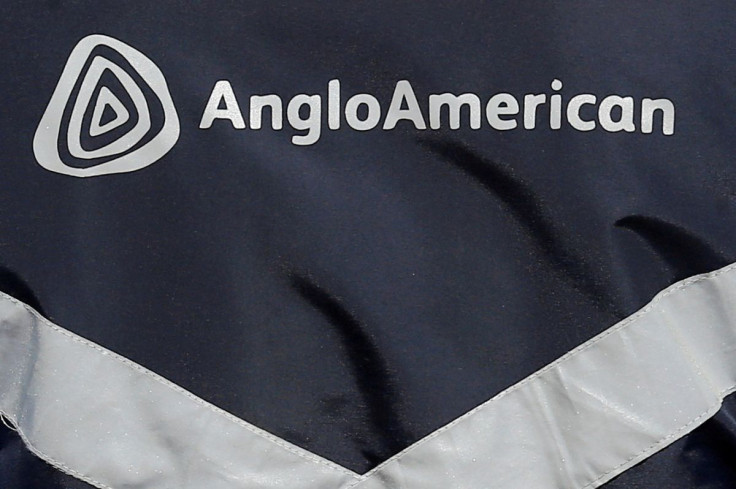Anglo American Cuts Dividend As Inflation, Extreme Weather Erode Earnings

Global miner Anglo American cut payouts to shareholders after higher costs and lower production, in part because of extreme weather, reduced first-half earnings by just over a quarter versus a year ago.
Anglo joined rival miners, including Rio Tinto and Freeport-McMoRan, in reporting lower profits, and said inflation had been sharper than expected, while analysts flagged the risk recession could dent commodity demand.
Underlying earnings before interest, tax, depreciation and amortisation fell to $8.7 billion for the six months to June, down from $12.1 billion a year before.
They still beat an average forecast of $8.56 billion from 10 analysts compiled by research firm Vuma, helping shares to rise by as much as 5% in London, outperforming the wider index.
Chief executive Duncan Wanblad said the results marked the company's second-highest first-half profits to date, after a record 2021 and he forecast higher second-half production would help to control unit costs.
Anglo declared an interim dividend of $1.24 per share, down 27% from last year's $1.71 interim payout. For all of 2021, Anglo paid out a record $6.2 billion, including a $1 billion share buyback.
Capital expenditure increased by 13% from a year earlier, to $2.6 billion, which Anglo attributed to spending normalising after deferrals caused by the pandemic.
Net debt was $4.85 billion on June 30, compared with $1.63 billion a year earlier.
Severe weather hit production in countries ranging from Chile to South Africa, where extremely high rainfall at the start of the year affected the availability of feedstock at Kumba Iron Ore.
Disruption was also caused by COVID-19 absenteeism and disrupted supply chains.
'NOT A GOOD COMBINATION'
While oil majors have posted record profits in response to a surge in energy prices, the inflationary impact of expensive fuel is negative for miners contending with higher costs.
"We are not immune from it. We are seeing inflation impacts across the various regions that we operate and it's come through a little more strongly than we originally anticipated at the start of the year," finance director Stephen Pearce told a media briefing after the results.
The London-listed miner reported a 17% fall in first-half copper output on lower grades and short water supply in Chile. Production of nickel, iron ore, platinum group metals and coal was also down.
"We are in a stage of the cycle during which prices are falling and costs are still rising. Not a good combination," analyst Christopher LaFemina at Jefferies said.
As the risk of recession and of falling commodity demand mounts, mining companies are concerned about reduced consumption by top raw materials consumer China, where a zero-COVID policy has curtailed economic activity this year.
"China is an important market for all of us, but we are quite diversified," Wanblad told reporters, adding that less than 25% of Anglo's revenues came from China in the first half.
Part of Anglo's diversification stems from its diamond unit De Beers, which posted a profit of $944 million, up 55% in the first half.
Results were spurred by a rise in output and in average diamond prices and increased business as Western sanctions placed top global producer Alrosa off limits.
Inflation, however, could reduce diamond demand in the coming months.
"Demand remained extremely good for the first half of the year in America, which is obviously the biggest market. There are some signs that it was slowing in June...because of inflation," De Beers's boss Bruce Cleaver told Reuters.
© Copyright Thomson Reuters 2024. All rights reserved.











